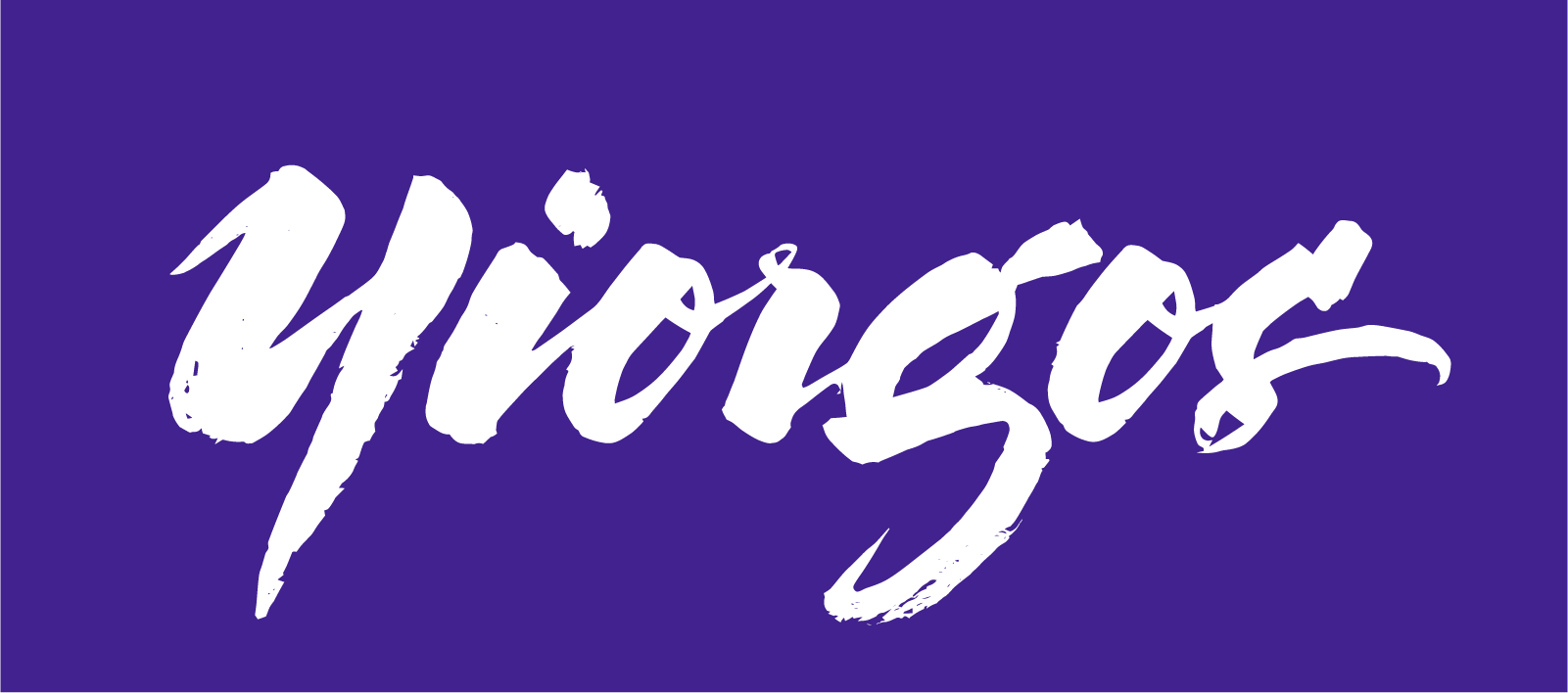How to Succeed in Interviews Using the STAR Method
We’ve all been asked those pesky “Tell me about a time when...” questions. These are popular amongst hiring teams because they demonstrate how you've handled work situations in the past, which is an excellent indicator of how you’ll deal with similar circumstances in the future.
So what’s the best way to answer these types of questions? Well, I recommend the STAR method.
Photo by Towfiqu barbhuiya on Unsplash
What does STAR stand for?
Situation
Think of a situation you were in that relates to the question you’re being asked. Your goal here is to lay out a brief background of the circumstances that required you to act
Task
Describe the tasks involved in this situation and your responsibilities
Action
Specify what actions you took in this situation to complete the tasks and achieve your results. Reminder, the goal here is to talk about what you did not what you thought about doing
Result
What were the results of your actions? Where appropriate, try and provide a measurement of success
When you utilize STAR, you’re able to construct an organized, specific and thoughtful answer. It also reinforces that every story has a beginning (establishing the situation/task), a middle (where the actions occur) and an end (the results and significance of your actions).
How can you start preparing your STAR answers?
Analyze the position for which you're being interviewed to figure out what skills are required. Try your best to separate the must-haves from the nice-to-haves in the job posting (sometimes these are even listed separately)
Define three to five of your top-selling features - basically, the attributes that you’re most confident in. Be prepared to highlight these consistently during your interview
Create STAR answers before your interview that showcase collaboration, conflict, initiative, planning and problem-solving. You’re bound to be asked about all of these attributes at some point during your interview process
The bulk of the response should be dedicated to the actions you took and the results of those actions. The situation and task mostly just set the scene for the interviewers
Interviews are about assessing your past behaviour. Recruiters and interview teams aren’t interested in hearing hypotheticals, so use actual examples from your work history
Tell detailed stories. It won't help the interviewers understand and evaluate your behaviour and talents if you give blanket statements
Don't answer with an “I usually...” type of response. Provide an example of a scenario where you exhibited your ability. Again, employers want to hear about what you did
Tell the story from your point of view - what actions did you take? You should be the main character in the narrative, not your manager or your colleagues
Don't be stingy with the numbers. It's a manifestation of your successes, accomplishments and efforts
During the interview, don't attempt to "wing it" - seriously! One of the problems with coming up with answers on the spot is we tend to highlight examples of what happened most recently as opposed to what’s most relevant and even most impressive. We also tend to forget a lot of the actions we took
Be truthful. If the interviewer finds that the foundation of your stories is shaky, or you’re omitting or even exaggerating details, you won’t be successful in moving forward to the next steps in the interview process
What are some behavioural-based interview questions that STAR answers work well for?
What did you do in a previous role that made a difference and possibly improved a process or practice?
Give me an example of a time when you had to deal with a challenging situation at work. How did you come up with a solution to this issue?
Tell me about a time you were assigned a project with little or no direction. What was that like for you? What did you do?
What was the most valuable feedback you’ve received? How have you used it to make you more effective/successful?
Think of an occasion where you had to have a difficult conversation with a customer. What was the situation? How did you handle it?
Tell me about something you have taught yourself in the last six months. How did you go about teaching yourself this new skill or idea, and what was the result?
As you can tell, behavioural questions are easy to recognize as they are open-ended questions meant to elicit a story. They typically include some common phrasing like:
Tell me about a time when you…
How did you handle a situation where you…
Can you share an example of when you…
The initial question is then followed up by the interviewer with probing questions like:
Can you explain that…
Were there any surprises…
What did you learn from this…
How do you take behavioural-based interview questions and answer them using the STAR method?
Here’s an example from my own experience:
Question
What did you do in a previous role that made a difference and possibly improved a process or practice?
STAR answer
Situation
In my previous role as a Recruiting Manager, my team was underperforming and had a huge backlog of open roles. The team was working under very tight deadlines from their hiring managers, generating stress and lowering morale.
Task
As a leader, it was my responsibility to support my team in meeting our deadlines and to convey bandwidth to other departments.
Action
To help improve the situation, I established a formal intake process that included recruitment timeline estimates to define more precise expectations. We were for the first time talking about timeliness with hiring managers from the start by putting it down in writing. We then scheduled weekly status meetings with hiring managers to talk about recruiting activities and give progress updates. I also kept my team informed on the new processes so they could also look for areas of improvement and make adjustments as they see fit.
Result
We were able to reorder the activities of the recruitment team and offer greater insight into my team's work. I made use of these teachings to improve our workflow structure. As a result, we were able to decrease our average time for finding a candidate by ten percent. I also realized how critical it is to communicate well across teams throughout the hiring process.
The STAR method to answering behavioural interview questions might appear daunting at first. However, it will soon become second nature if practiced enough.
With a little planning and strategy, you'll be able to see behavioural interview questions as less of a burden and more of an opportunity to talk about your achievements.

